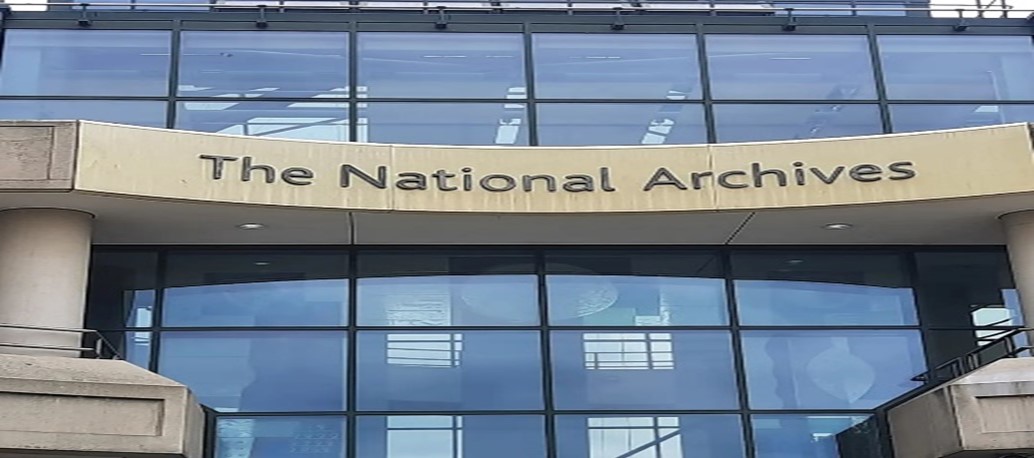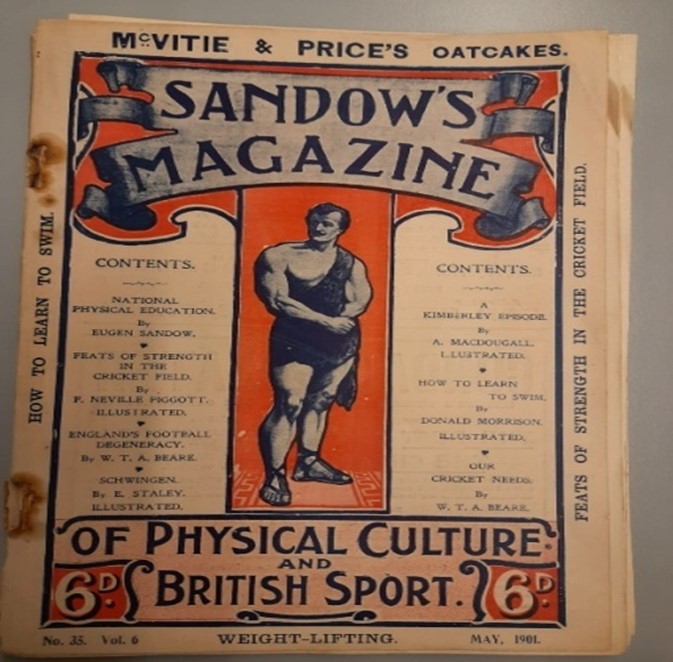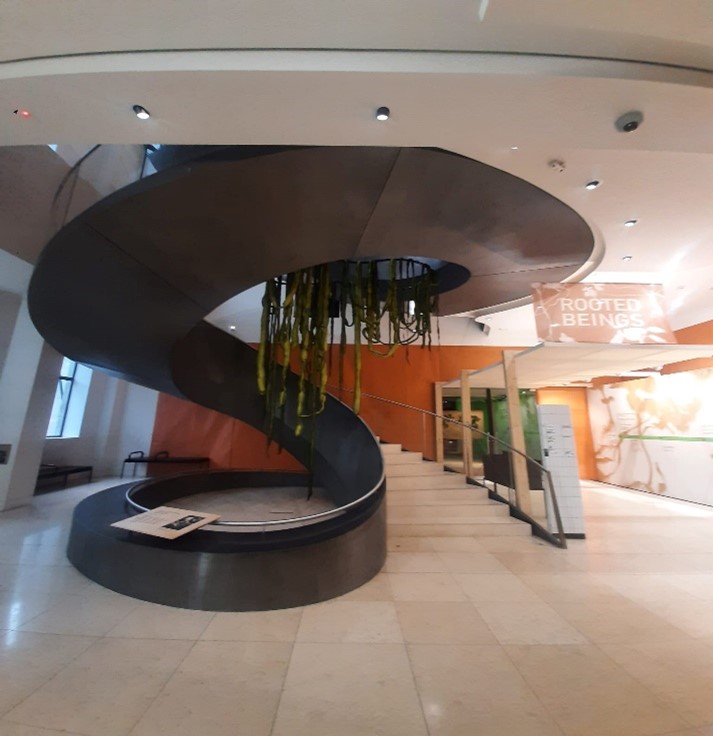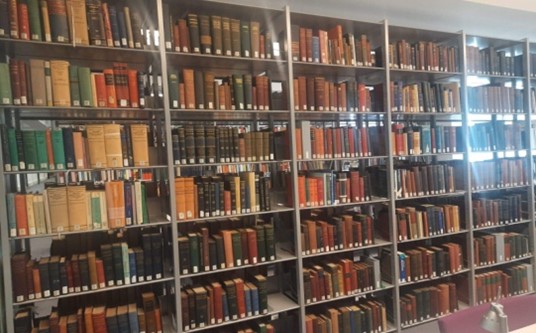Why did a significant number of people in colonial Bengal value sports so highly? Was it merely a pastime for them? These aforementioned questions intrigued me to probe further into the Sporting Culture of Bengal in my doctoral thesis. Through an innovative case study of the physical education curriculum in educational Institutions of Bengal, my doctoral thesis broadened the scope of the extensive work on British colonial policy in India. It revolved around the central question of how modern sports and physical education were used under the rubric of imperial ideology to sustain the British Empire and how it paved the way for the vertical and horizontal diffusion of Sports and games in colonial Bengal? My evaluators received it well, though one of them suggested that I should elaborate more on the development of the games ethic in Victorian England. He further recommended me to explore the transnational aspects of this culture of physical education. BSSH allowed me to travel to London for academic purposes so that I could critically analyse these aspects mentioned above. I owe the BSSH committee gratitude for giving me a chance to visit London. It was a month-long academic tour. In this one month, I visited the British Library (St. Prancras), Welcome Library (Euston Road), and the National Archives of Kew.

The academic trip sponsored by BSSH was extremely fruitful for me, as I collected more than 100 documents (files, rare books, Journals). These documents indeed added a new dimension to my doctoral research which is expected to come out as a monograph soon. I spent two weeks at the British library. The employees were extremely helpful, and within a short period of time, I was able to locate documents that could be useful for my book manuscript. I worked in the Asian and African study room and the section of rare books. In the British Library, I got hold of important documents like J. Buchanan, Suggestions for the Improvement of Physical Education in Schools (Bengal, Bengal Government Press, 1936), Annual Report of the Director of Physical Education to the Department of Public Instruction ( Calcutta: The Bengal Secretariat Book Depot, 1919), Physical Training For Schools in Burma ( Ragoon: Office of the Superintendent, Government Printing, Burma, 1914). In addition, the library contained rare books on British public schools and sporting culture. In order to incorporate the gender aspect in my manuscript, I also consulted various documents like Annie Armstrong, Physical Exercise for Girls: Nutshell Series ( London: Iliffe and Sons, 3 St. Bridge Street,E.C), Board of Education Physical Training Series No.16, Recreation and Physical Fitness for Girls and Women. These documents were unavailable in the archives and libraries of India or Online. To my great surprise, rare Bengali books on the colonial sporting culture of Bengal were also available in the British Library's rare book section.

The proposed fieldwork at The Wellcome Library in London allowed me to investigate the prevalence of sports and exercise as preventive medicine in the United Kingdom. I have consulted such publications as Health and Strength and Games and Games Training for Girls and Women ( London, The Central Council of Physical Recreation, 1943). The Wellcome Library Institute also assisted me in accessing books published in the United Kingdom but unavailable in India. I also worked at the National Archives, Kew, which houses countless documents on British sports and Physical education. One such was The Physical Training Club Journal.


After garnering significant amounts of primary documents, I have categorized my findings into 4 main categories –
(1) Reports on Physical Education in the Schools of Bengal.
(2) Reports on Physical Education and Sports in the academic Institutions of UK.
(3) Reports on the Physical Education and Sports for women.
(4) Rare Books and Magazines on Sports and Physical Culture.
These documents helped me to develop a critique of the importance of Physical Education in British Academic Institutions and answer the following questions:
- What did the British colonial state think about Indian aspirations for an idealized body and its significance for generating discussions around gender , class and masculinity?
- How Britain was involved in the material cultures of physical?
- Education, namely, creating consumption of exercise ideas and equipment?
The findings also helped me to study how the physical education policies of Britain were replicated in the academic institutions of Colonial Bengal, and to what extent it was modified to adjust to the Colonial context. I aim to include these analyses in my first book manuscript, which I aim to publish by 2024. I also hope to publish my finding in Sports in History. Overall, my research experience was phenomenal, and I am incredibly grateful to the BSSH and the members of its Committee for providing me with this opportunity. Prof. Martin Polley, Dr. Souvik Naha, Dr. Katie Taylor have always been patient with me. Dr. Naha encouraged me to apply for the BSSH, ECR Grant. I cannot thank them enough. I can now comprehend the transnational facets of physical education's culture with the documents gathered from these libraries and archives. With the help of these materials, I have initiated the task of updating my doctoral thesis. I have already spoken to Primus Publishers, an esteemed publisher in India. The editor is keen on publishing the book. I aim to publish the monograph within a year and thank BSSH once again for believing in the potential of my proposal.